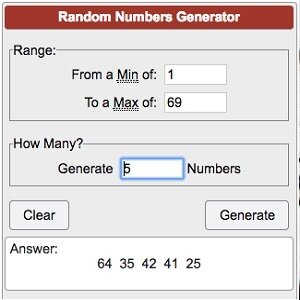Everyone knows that slots are the backbone of the gaming sector. However, few people understand how these simple games work.
The first machine that simulated slot-like gameplay appeared in 1891, invented by Pitt and Sittman of Brooklyn, New York. It featured five drums of cards and implemented poker’s hand-ranking system to determine winning card combos. In 1894, Charles Fey of San Francisco came up with a simplified device, sometimes called one-armed bandits, and named the Liberty Bell that used a three-reel set-up and became the precursor to the modern slot.
In the early-1960s, Bally Manufacturing came up with the original reel-spinning electromechanical machine, Money Honey, and random number generators, better known as RNGs, entered the gambling industry. They are the secret sauce behind every land-based and online slot. These algorithms ensure that all game results are completely random (100% fair) at the safest online gambling sites.
Below, we will dive deep into explaining what precisely a random number generator is, how game developers can tweak them, and how they affect the symbol formation when you play games like slots at an online casino.

Free online RNGs use the same fundamentals as slot ones.
Random Number Generation Explained
As mentioned above, RNG stands for random number generator. That is software, whose job is to indiscriminately create arbitrary numbers using math models whose outcomes no one can predict.
How does this happen? The software first takes a number called the seed. It is something that it can come up with or which can get provided to it. It then runs this seed through various complex mathematical equations creating a new number that defines what symbol combo shows up on a slot’s reels.
The software then takes the newly formed number and uses it as its new seed. This process is ongoing until the machine gets reset or gets shut down.
Now, there is nothing that anyone can do to influence this number generation process. It is also vital to know that it happens all the time. The algorithm continuously churns out random numbers even when a game sits idle. Numbers still get rapidly produced in the background. Once someone presses play, the slot pulls the number the RNG software created at that moment and uses it to define its result.
Thus, it is an old wives tale that someone can steal another player’s slot prize by sitting down and winning one, just as the other person left the reward-generating machine. Slot games for real money are never due for a win. Their return-to-player percentage gets defined over millions of spins and is a theoretical number. It is not applicable to single gaming sessions.
It is also handy to remember that casino machines use pseudorandom number generation algorithms, not real ones. That means they have to get fed a seed number to start their random number generation process.
They get the label pseudo attached because it is somewhat possible that if someone figures out the seed number used and grasps the algorithm’s math model, they can predict what figure the software will generate next. Real random number generators do exist. They use random natural phenomena to determine their seed and cost substantially more than pseudo ones.


